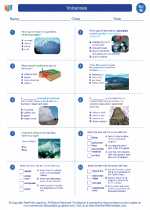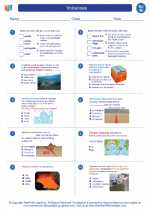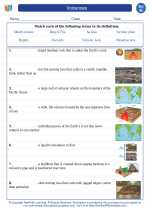Competition in Ecology
Competition in ecology refers to the interaction between organisms where both are harmed by their shared use of a resource that is in limited supply. This can occur within or between species and is a key factor in the regulation of population size and diversity within ecosystems.
Types of Competition
There are two main types of competition:
- Inter-specific competition: Occurs between individuals of different species. For example, different species of birds competing for nesting sites in the same tree.
- Intra-specific competition: Occurs between individuals of the same species. For example, lions within a pride competing for access to food.
Competition and Resource Partitioning
Competition can lead to a phenomenon called resource partitioning, where competing species use the same limited resource in different ways or at different times, allowing them to coexist within the same habitat. This can help to reduce direct competition and promote species diversity within an ecosystem.
Effects of Competition
Competition can have several effects on populations and communities, including:
- Reduction in population size
- Changes in species distribution
- Evolutionary adaptations to reduce competition
Study Guide
Here are some key points to remember when studying competition in ecology:
- Define competition and distinguish between inter-specific and intra-specific competition.
- Understand the concept of resource partitioning and its role in promoting species coexistence.
- Discuss the effects of competition on population size, species distribution, and evolutionary adaptations.
Be sure to review examples of competition in different ecosystems and consider the implications for conservation and management of natural resources.
[Competition] Related Worksheets and Study Guides:
.◂Science Worksheets and Study Guides Eighth Grade. Volcanoes

 Worksheet/Answer key
Worksheet/Answer key
 Worksheet/Answer key
Worksheet/Answer key
 Vocabulary/Answer key
Vocabulary/Answer key
 Vocabulary/Answer key
Vocabulary/Answer key
 Vocabulary/Answer key
Vocabulary/Answer key
